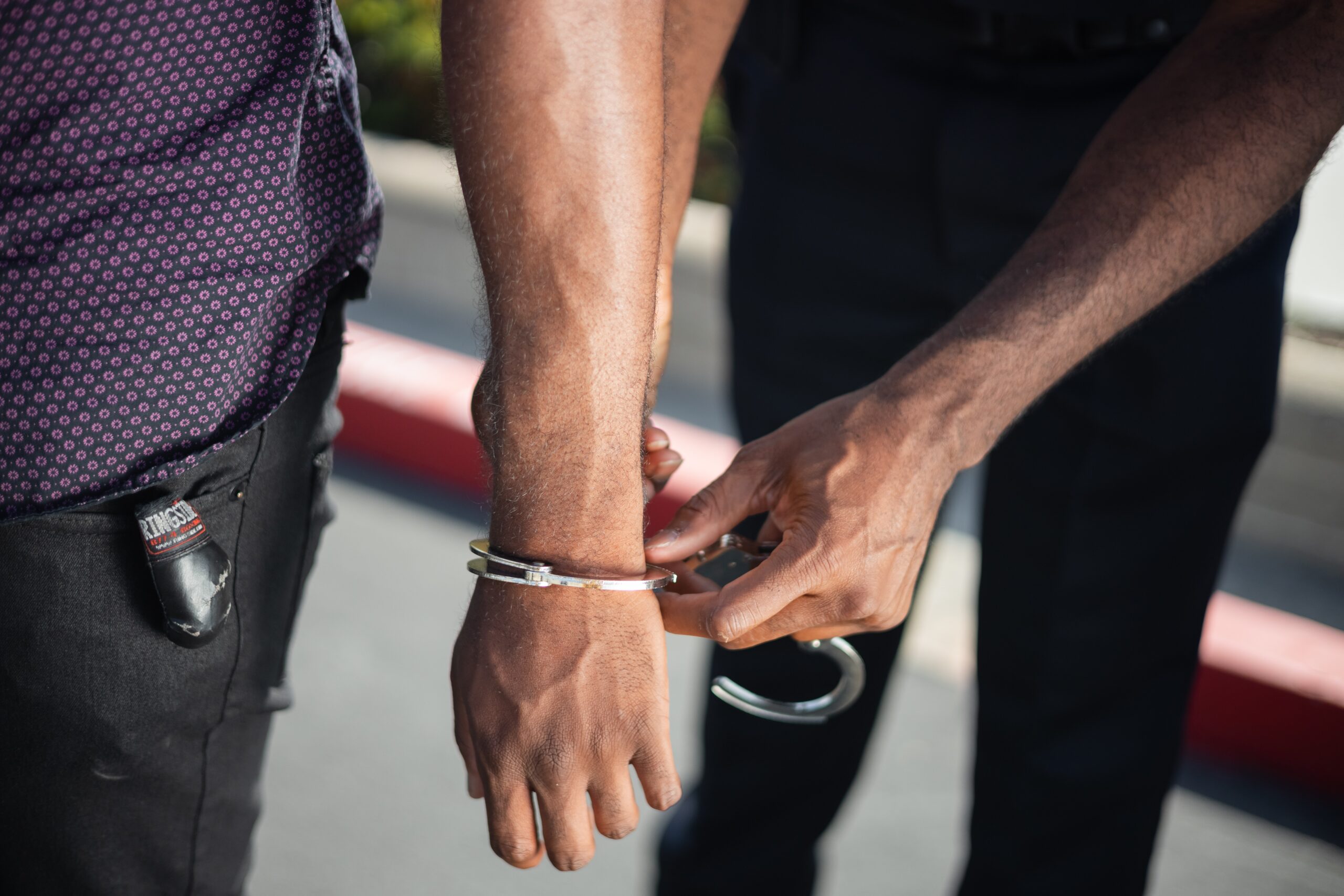Now Reading: What Happens When a Person Is Charged With a Crime?
-
01
What Happens When a Person Is Charged With a Crime?

What Happens When a Person Is Charged With a Crime?
Being charged with a crime can be bewildering and scary. This is especially true because you won’t know what to expect. For this reason, many attorneys suggest retaining the services of a criminal defense law firm. A criminal defense attorney from a reputable firm will have the knowledge and experience to fight for your rights in court.
Criminal Charges Process
Sometimes, a person is charged with a crime before being arrested. This happens when a judge has issued a warrant for their arrest. When this happens, an officer will attempt to locate them and place them under arrest.
A police officer must, by law, provide a copy of the warrant within a reasonable time from the arrest. If they do not, then your rights may have been violated. If an officer arrests you without reading you your Miranda Rights, then your criminal defense attorney can use that as evidence that you were illegally placed under police custody.
Arrest Process
After an arrest, the individual will be “booked” at the police department and held in police custody pending a court hearing. Typically, the court hearing will be within 48 hours, but it depends on when you’re arrested, and the schedule of the courts in the district where you were arrested.
Once in arraignment court, the judge will read the list of charges against the defendant. At that point, the defendant, with the guidance of their legal team, can enter a plea of “not guilty,” “no contest,” or “guilty”.
Even when someone is guilty of a crime, they can enter a plea of “not guilty.” This is a good idea when there isn’t sufficient evidence to prove that they’re guilty of the crimes they’re being charged with. Each defendant should consult with their criminal defense attorney about what plea to enter and if they should waive their right to a trial by jury.
Evaluations
Sometimes evaluations of the defendant have to be performed before going to trial. For example, in the case of a DUI, the courts typically request the defendant be evaluated for substance abuse issues. Some judges request a pre-sentencing investigation into the defendant’s criminal history.
Sentencing
During sentencing, the defendant is found “guilty” or “not guilty” of the crime they have been charged with. If they are found “not guilty,” they are free to go and released from police custody. If they are found “guilty,” a sentencing hearing is scheduled and held.
At the sentencing hearing, the judge will consider all of the criminal evidence in the case. They will also have the opportunity to listen to accounts from various individuals regarding factors that should be considered in the defendant’s sentencing.
Often judges take all of the above factors into consideration to determine a sentence for the crime. Serious crimes typically have longer jail sentences and can involve fines, restitution for victims, and prison time. Less serious crimes may result in time served, or defendants could be ordered to pay fines or do community service.










